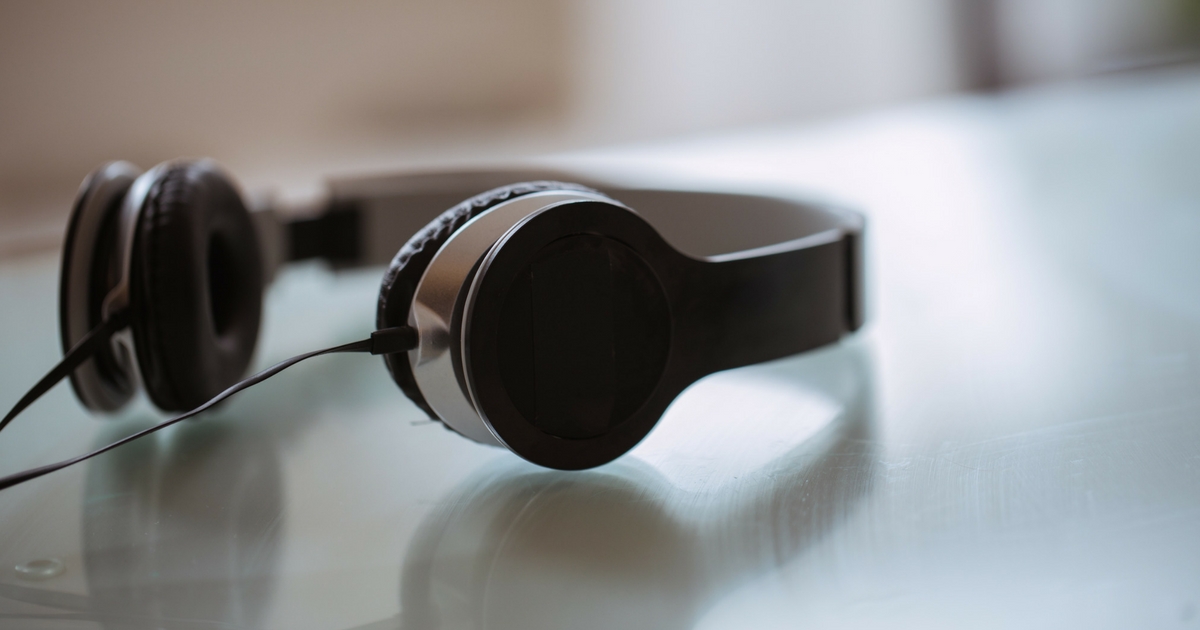What Is Misophonia?
Tinnitus Retraining Therapy

Individuals with misophonia are often encouraged to try tinnitus retraining therapy. This treatment helps patients learn to tolerate sound triggers more easily. As part of the therapy, individuals wear devices behind their ears. These devices generate white noise that masks other sounds and distracts the patient from their sound triggers. Patients are taught about the auditory system and how it functions, and they learn about what may be causing their symptoms. Over several follow-up appointments, they gradually learn to change their perception of triggering sounds so they no longer feel annoyed or angered by the offending noise.
Tinnitus retraining therapy includes deep relaxation exercises and stress management techniques, and patients may also receive cognitive behavioral therapy or other types of psychotherapy as they cope with their condition. Tinnitus retraining therapy helps the patient find healthy ways to manage their symptoms, and some individuals receive this training for years.
Lifestyle Tips for Management

To cope with misophonia, it can be helpful to always have a set of noise-canceling headphones available. These can help block out or reduce sound triggers, and it may help to play some music, an audiobook, or white or pink noise through the headphones. Keeping the television on as background noise during mealtimes could be beneficial, and some patients choose to turn on music during this time. It is important to have an 'escape plan' for times when one is likely to encounter a trigger.
Leaving the area where the trigger occurs is the most effective option. If this occurs at work, the patient could ask to take a short break or step outside for some fresh air. Employees may want to request a desk in a quiet area, and it can help to work remotely from home on certain days of the week as well. If the patient feels able to do so, explaining their condition to colleagues could help reduce exposure to triggers. Online support groups are available so patients can receive and share advice with fellow patients.
